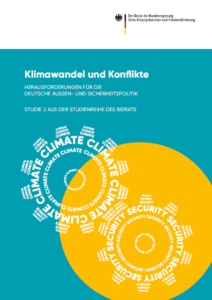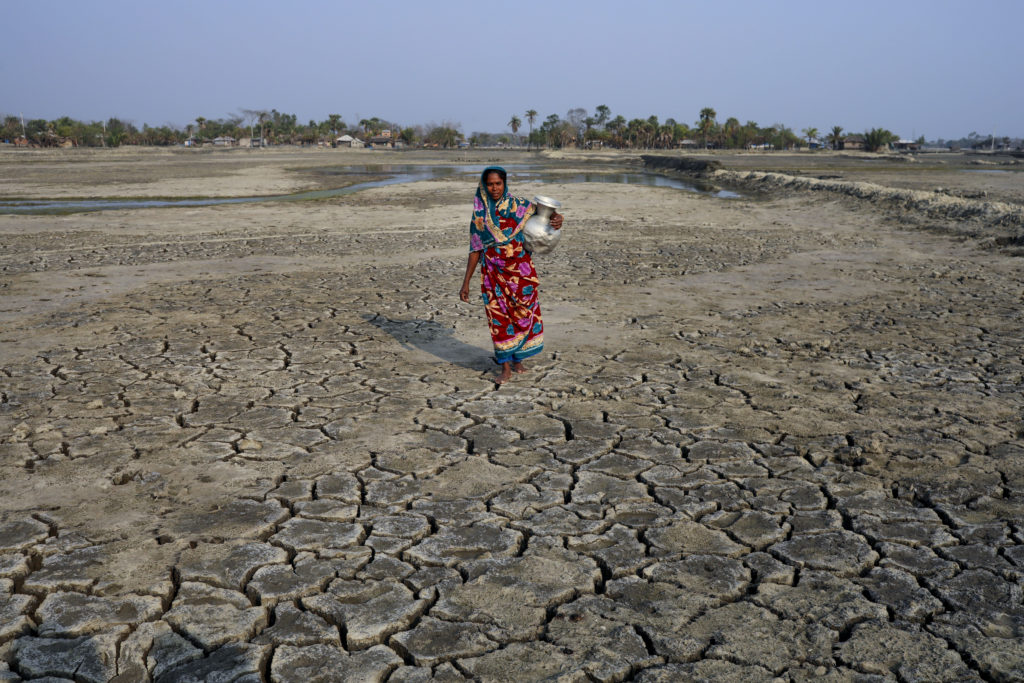Climate Change and Conflicts
Challenges for German Foreign and Security Policy

The beginning of this decade is characterised by the effects of extreme resource overexploitation. The Covid-19 pandemic, unleashed by a zoonosis, and the rapidly advancing climate crisis are forcing governments worldwide to undertake profound and complex crisis management. Despite academic knowledge about these increasing, non-traditional security risks, there has been no adequate prevention to protect the population and the economy. In this context, a working group of the Advisory Board for Civilian Crisis Prevention and Peacebuilding has been investigating the security policy implications of climate change. The Federal Government’s Advisory Board for Civilian Crisis Prevention and Peacebuilding is mandated to advise the Federal Government’s ministries and develop conceptual contributions of its own.
Over the past few years it has become very apparent how extensive the negative consequences of climate change in fragile regions already are. A rise in temperature of around 1.2 °C has been enough to bring with it extreme events and gradual changes that threaten livelihoods, especially those of people who are living in poverty or are politically and socially marginalised. Scarcity of resources can aggravate intercommunal tensions and escalate existing conflicts.
The Federal Government’s guidelines on “Preventing Crises, Resolving Conflicts, Building Peace” set out principles and possible courses of action for dealing with armed conflicts, and they also refer to the challenges of climate change for foreign and defence policy. An important guiding principle for the Federal Government is the prioritisation of preventative and civil measures in the mitigation of crises. Peace, security and development are reliant on a stable global climate. It is precisely in the area of foreign and security policy, however, that there has thus far been a lack of concrete measures for managing the increasing climate risks.
This study highlights the complex causal relationships between climate impact, conflicts and human security, and provides an overview of German engagement in this area. On the basis of this analysis, we identify existing gaps and set out recommended courses of action for the Federal Government.

